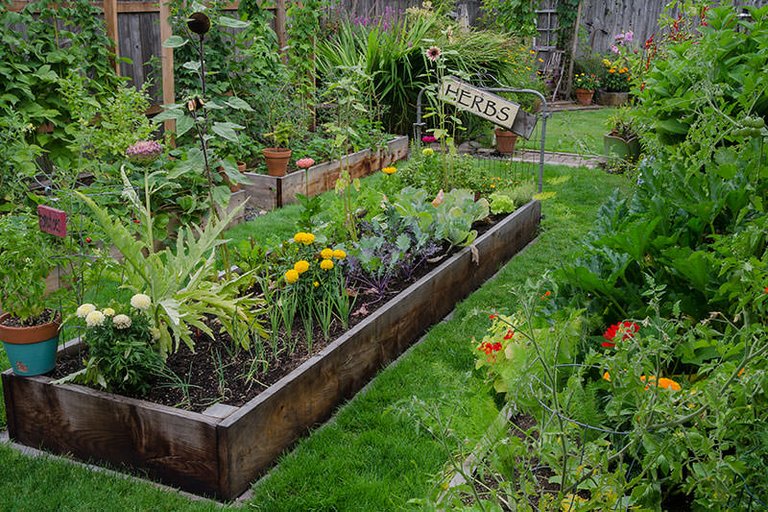http://modernfarmer.com/author/dan-nosowitz/
We already know that backyard gardens are great fun, that they can provide the freshest produce, and that gardening as a child has lasting effects—but what about their impact on the environment?
A researcher from the University of California, Santa Barbara, David Cleveland, set out to find exactly what sorts of environmental effects gardening can have. And his findings, published in the journal Landscape and Urban Planning, are bold: For every kilogram of vegetables you grow yourself, you’re reducing greenhouse gas emissions by 2 kilograms, compared to buying from the store.
Of course, the findings get more complicated. The density of vegetables planted matters, because the greenhouse gas emissions were calculated by square meter. The use of grey water—not-dirty-but-not-clean-either water, like reused water from the shower or sink—can also have a big effect on the environmental output, too.
Interestingly, composting at home doesn’t necessarily translate to greenhouse gas savings. The study found that unless very carefully maintained, the methane and nitrous oxide emitted by decomposing compost can throw off the whole goal of reducing emissions. Sending organic waste to a processor that captures those gases to use for power could be a better option.
The study’s conclusion is pretty interesting: It states that while gardening can definitely have a beneficial environmental effect over store-bought produce (with all the transportation and infrastructure that comes along with retail), it’s the little things that matter. How dense is your garden? What kind of water are you using? How are you monitoring your compost?
This sort of research could lead to much more effective guidelines on how to garden not just for your dinner, but for the planet as well.
follow me and I'll follow you back and please upvote, resteem
http://Facebook.com/JoeyArnoldVN
Hi! I am a robot. I just upvoted you! I found similar content that readers might be interested in:
http://modernfarmer.com/2016/10/backyard-gardens-climate-change/